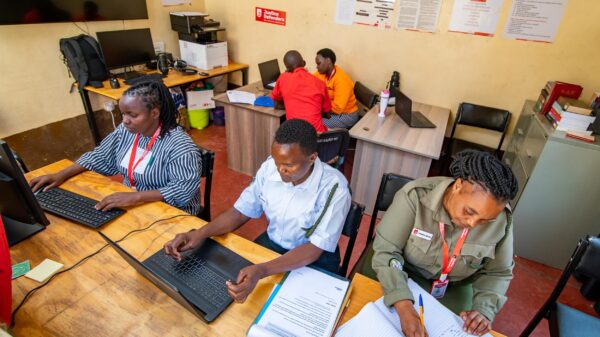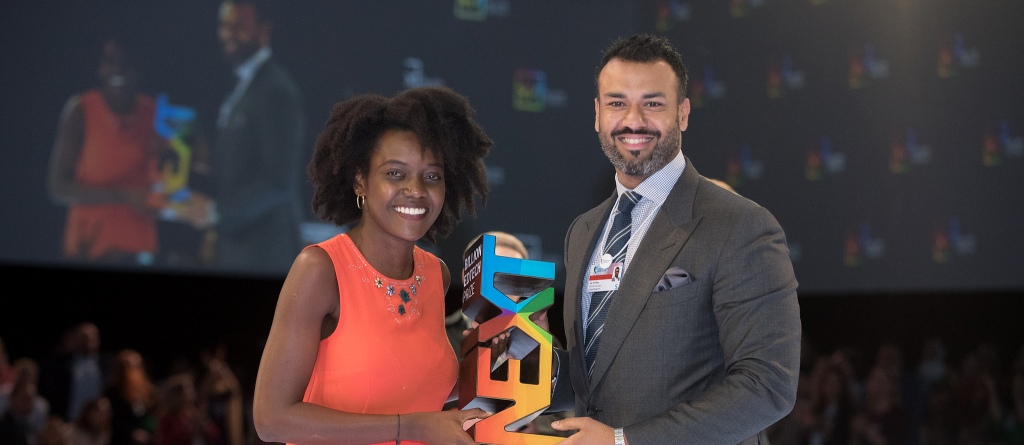Ubongo, which creates fun, localized and multi-platform educational media that reaches millions of families through accessible technologies, has won the ‘Next Billion’ Edtech Prize.
The prize is run by The Varkey Foundation to recognize the most innovative technology destined to have a radical impact on education in low income and emerging world countries. Ubongo was voted for by delegates at The Global Education & Skills Forum (GESF) 2019 from three startup finalists which include PraxiLabs, andDost.All three winners were awarded $25,000.
30 startups were selected to pitch for the Next Billion Edtech Prize, which focuses on low income and emerging economies. The winners were chosen from six finalists which included FinEazy (UK), Signa (Brazil), and Sabaq (Pakistan).
Led by TechCrunch Editor-at-Large Mike Butcher, an expert panel of judges made up of venture capitalists, philanthropic investors, experts in Edtech and learning sciences, and senior education policy makers selected the winners from the final 30.
TechCrunch Editor Mike Butcher said: “It was clear to the judges that emerging market Edtech is going to be one of the hottest tech sectors in the world over the next few years. The majority of the startups we saw during the competition clearly have enormous potential, it’s clear the new wave of Edtech is about to hit its stride. It’s fantastic that GESF is throwing the spotlight on this exciting sector.”
The jury selected the three winners from six finalists who pitched on the main GESF stage on Sunday morning. The audience voted on who should lift the trophy.
Ubongo leverages the power of entertainment, the reach of mass media, and the connectivity of mobile devices, to deliver effective, localized learning to African families at low cost and massive scale. Its family-friendly content promotes literacy and education in resource-poor areas. Through learning at home and in the family through a variety of channels, from online to radio and TV – multi-channel players, cartoons are a central part of its storytelling approach.





































